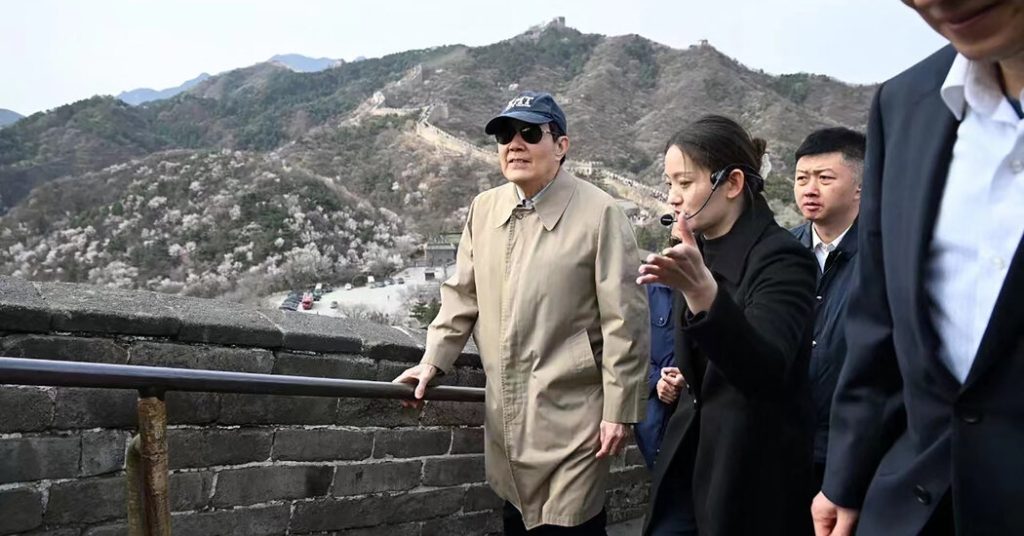Despite the optimism that surrounded the historic meeting between China’s Xi Jinping and Taiwan’s then-President Ma Ying-jeou in 2015, recent developments have shown that a peaceful settlement over Taiwan’s future is more elusive than ever. Since Ma’s departure from office, Xi has frozen high-level contacts, isolated Taiwan on the global stage, and increased military intimidation around the island. With the recent meeting between Xi and Ma in Beijing, China seems to be setting the terms for dealing with Taiwan’s next leader, president-elect Lai Ching-te, whom Beijing views as a dangerous separatist.
China’s focus is now on pushing the incoming Lai administration to adopt a more accommodating stance on cross-strait relations, with the expectation that both sides accept they are part of one China, despite differing interpretations. Beijing has made it clear that it will court Taiwanese politicians who align with its demands, such as Ma, while dismissing overtures made by the new administration as insincere. The meeting between Xi and Ma serves to underline Beijing’s position on cross-strait dialogue while reassuring Chinese domestic audiences of its control over the issue and support among the Taiwanese people.
Since the Communist revolution of 1949, Taiwan and China have been at odds, with the Nationalist Party initially serving as Beijing’s dialogue partner. However, recent victories by the Democratic Progressive Party, which rejects Beijing’s claim to Taiwan, have shifted the dynamics. China has increased pressure on Taiwan following Lai’s election, including efforts to peel away diplomatic allies and military posturing near Taiwanese-controlled islands. The upcoming exercises by the People’s Liberation Army are expected to escalate tensions, impacting China-US relations and Taiwan’s security.
Xi underscored Taiwan’s importance during a recent call with President Biden, describing it as a red line that must not be crossed in China-US relations. Chinese state media have highlighted Ma’s visit to China as evidence of Beijing’s support in Taiwan but fail to capture the broader sentiment within Taiwan. Despite Ma’s advocacy for closer ties with China, most Taiwanese reject the idea of unification and increasingly identify exclusively as Taiwanese, rather than Chinese. This shift in sentiment poses challenges for Beijing’s attempts to assert control over Taiwan.
Mr. Ma has become a vocal proponent of the view that Taiwan is historically and culturally part of China, advocating for closer ties with the mainland. However, many within Taiwan, including members of the Nationalist Party and the broader population, are wary of China and reject the notion of unification. The majority of Taiwanese support the island’s self-rule while rejecting the idea of becoming part of China. As tensions continue to escalate between China and Taiwan, the prospect of a peaceful resolution remains uncertain, with divergent views on the island’s future complicating efforts to find common ground between the two sides.


